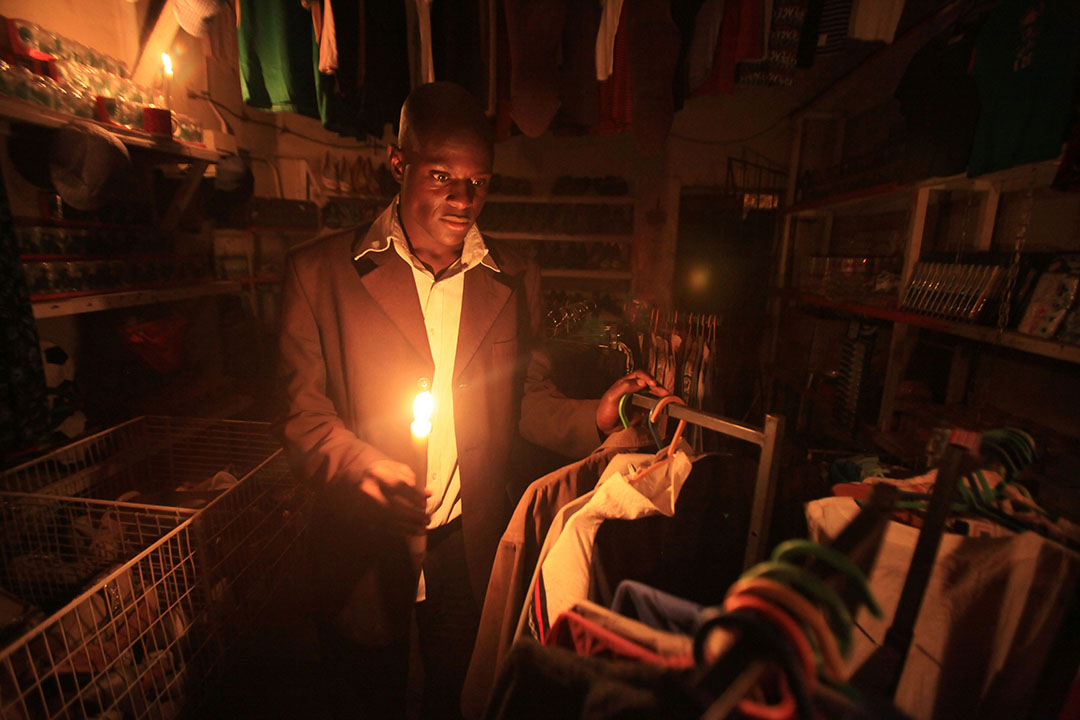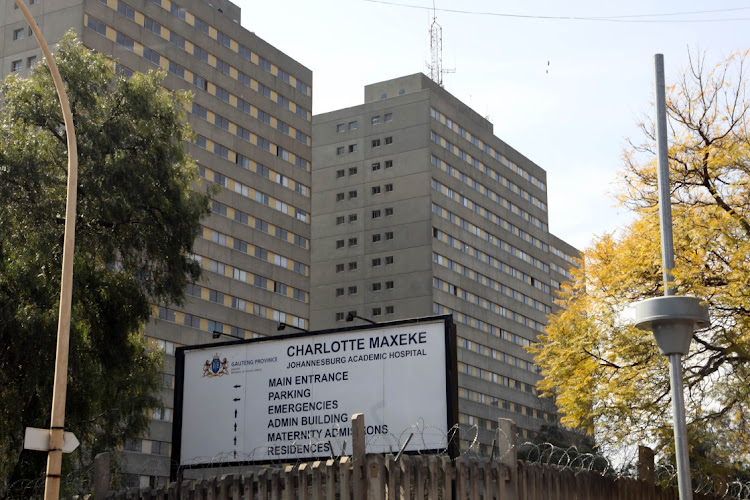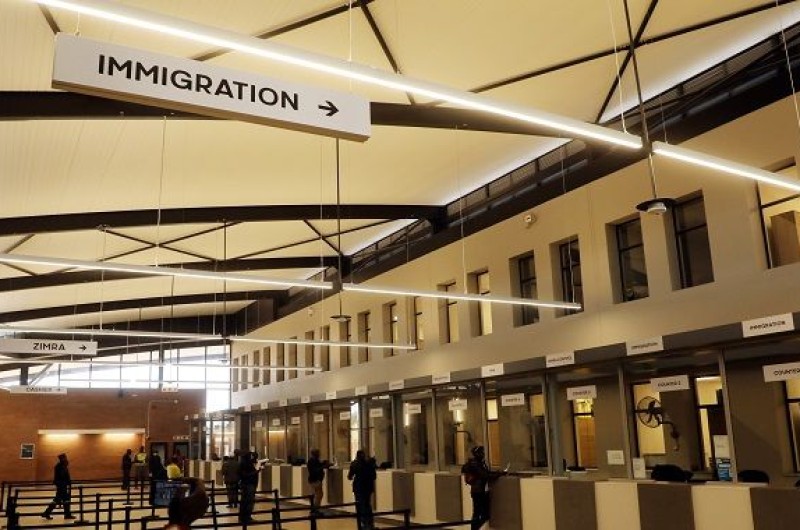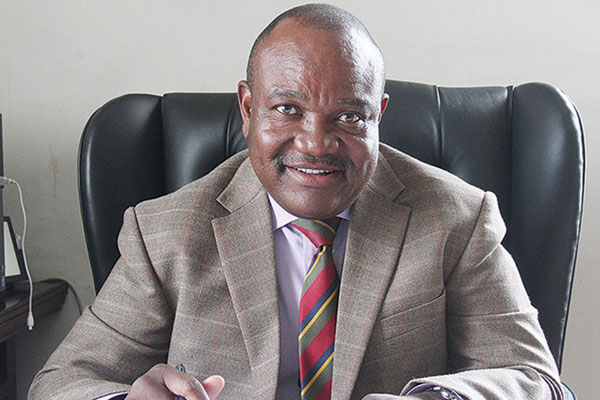HARARE – Nelson Masaka heaves a hindquarter of beef on his shoulder from a truck and trudges inside his butchery shop, wondering out loud how he would survive Zimbabwe’s worst power cuts in three years
He is one of many small businessmen and informal sector traders hit by the indefinite rolling blackouts lasting up to 10 hours per day imposed last week by state power utility ZESA.
Blamed by ZESA on low water levels at the dam that supplies the biggest hydro plant, the electricity cuts add more pressure on an economy hurt by a devastating drought and cyclone this year.
With formal jobs scarce – unemployment is over 80 percent – the informal sector and small businesses are the backbone of Zimbabwe’s economy, contributing 60 percent of the country’s $21 billion gross domestic product, according to the International Monetary Fund.
While large companies can resort to fuel-driven generators to power their businesses, many small traders are struggling in a country where inflation soared to a new 10-year high of almost 76 percent in April, eroding incomes and savings.
“As you can see, I’m not working. I’ve important orders that I need to deliver but there’s no electricity. This will cost me clients and money,” said Stephen Rupango, a welder in Harare’s Warren Park suburb.
Few Zimbabweans can afford to install solar panels as an alternative to fuel generators as the initial cost is prohibitively high. Major government-led solar power projects have so far failed due to lack of funding.
Munyaradzi Makoni, a barber in Marondera, a town some 70 kms (43 miles) from the capital, said there were days he failed to work because of the blackouts so he and colleagues at his hairdressing salon planned to raise money to buy solar panels.
“My customers come during the day for a hair cut but most of the time there’s no electricity. The other day there was no electricity from 6AM up to 10PM so I will be out of business very soon if this continues,” said Makoni.
The blackouts have so far spared mines, the biggest export earner, as well as large industrial sites.
But in the residential areas and local business centres, where most of the informal traders and small businesses operate, they are causing grief for businesses from hair salons to shops.
Takunda Mugaga, chief executive at Zimbabwe Chamber of Commerce said 45 percent of small businesses operated from the residential areas hit hardest by the power cuts. The sector is also reeling from higher prices for scarce fuel and an acute shortage of dollars to fund imports.
At his butchery, Masaka said with each power cut, he was forced to look for diesel to fill a 20 liter jerry can, no easy feat in a country where long queues at the pumps are now the order of the day.
“The (electricity) crisis is terrible. I deal with perishable goods, so without power I can’t cut the meat and this makes basic operations very difficult,” he said. – Reuters
















